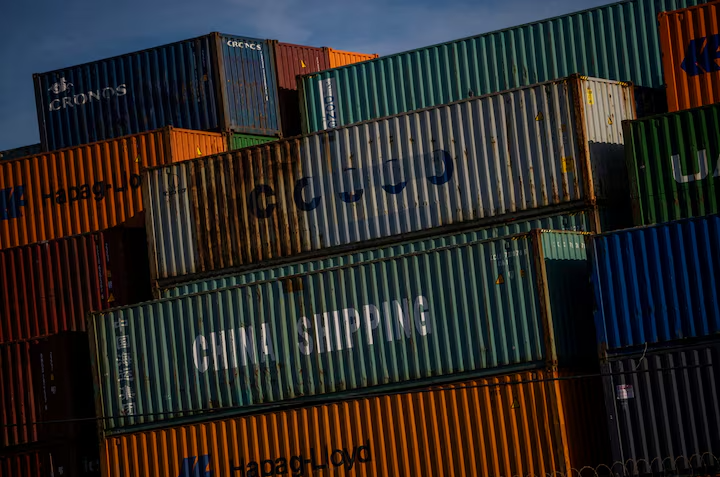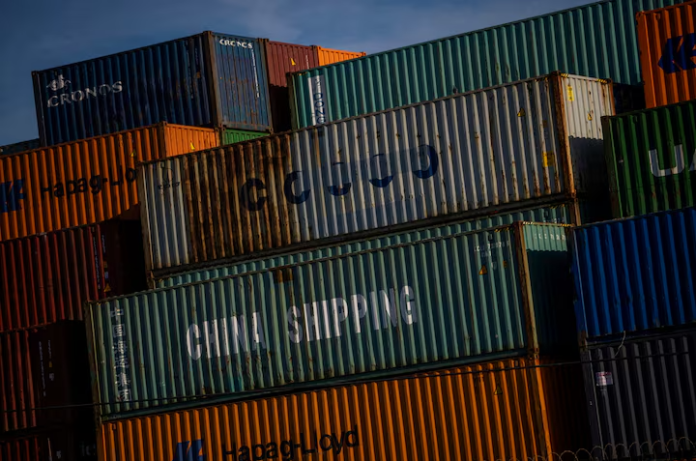In a surprising turn in global trade relations, the United States has reportedly approached China to initiate discussions on scaling back the hefty tariffs imposed during Donald Trump’s presidency. The report, shared via Yuyuan Tantian—a social media account linked to Chinese state media—claims the U.S. has reached out through several channels to negotiate.
According to anonymous sources cited in the post, U.S. officials are seeking to ease the tension over the 145% tariffs placed on Chinese imports. The outreach hints at a potential thaw in what has been a deeply frozen economic relationship between the world’s two largest economies.
Although there’s no official confirmation from China’s top authorities, the move may suggest that Beijing is open to talks. China’s response has so far been a mix of public defiance and behind-the-scenes adjustments. Publicly, Chinese officials have condemned the tariffs as economic bullying, while privately compiling a list of U.S. goods—including key pharmaceuticals and microchips—to exempt from their own 125% retaliatory tariffs.
U.S. Treasury Secretary Scott Bessent told Fox Business Network that for meaningful negotiations to begin, both countries must first dial back their trade penalties. “This is going to be a multi-step process,” he said. “First, we need to de-escalate.”
He added that the next step would involve revisiting China’s unmet commitments from the 2020 “Phase 1” trade deal, which required Beijing to purchase an additional $200 billion in American goods and services. That agreement faltered with the onset of the COVID-19 pandemic.
While the Biden administration has not confirmed ongoing negotiations, White House economic adviser Kevin Hassett mentioned there have been “loose discussions” and saw China’s recent tariff exemptions as a positive sign.

Interestingly, while the Chinese Foreign Ministry denied any active consultations, they reiterated China’s openness to dialogue—so long as it’s based on equality and mutual respect. Yet, state-linked outlets made it clear that China wants to maintain control of the narrative. “China must observe closely and force out the U.S.’ true intentions,” said Yuyuan Tantian, hinting that Beijing won’t rush into a deal.
The stakes are high. Economic analysts estimate that up to 16 million Chinese jobs are at risk if exports to the U.S. continue to plummet. Meanwhile, Bessent noted that Chinese factories are already feeling the pressure, especially with the holiday season approaching and orders dwindling.
Former President Trump, who reignited the tariff battle, claimed that a deal could be on the table soon and even mentioned receiving a call from President Xi Jinping. However, Beijing has denied this contact and accused the U.S. of misleading the public.
While no formal talks have been confirmed, the groundwork may be quietly forming for a significant shift. For now, the world watches and waits as two superpowers weigh their next moves in a high-stakes game of economic diplomacy.



